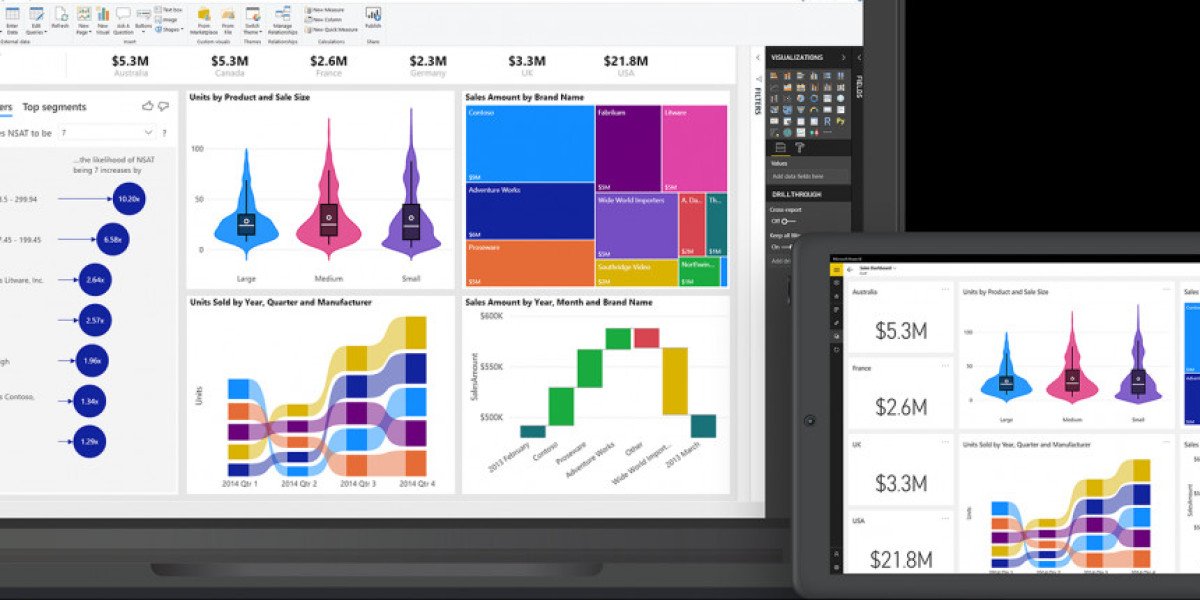The Growing Need for Custom Healthcare Software
Healthcare organizations face unique challenges that generic software solutions often cannot fully address. These challenges include compliance with complex regulatory frameworks (such as HIPAA in the U.S.), integration with legacy systems, diverse patient populations with varying needs, and the demand for real-time data accessibility.
Custom healthcare software development services enable healthcare providers to design and implement solutions tailored specifically to their workflows, patient demographics, and operational goals. This customization allows organizations to build software that aligns perfectly with their clinical and administrative requirements, fostering better patient experiences and smoother internal operations.
How Custom Healthcare Software Enhances Patient Care
1. Personalized Treatment Plans
Custom healthcare software allows clinicians to create and manage personalized treatment plans based on individual patient data. By integrating electronic health records (EHR) with decision support tools, healthcare providers can analyze comprehensive patient histories, lab results, and medication data to tailor treatment regimens.
This personalization improves patient outcomes by ensuring treatments are more effective and reducing the risk of adverse reactions or complications.
2. Real-Time Access to Patient Information
In emergency situations or routine care, having immediate access to accurate patient data is critical. Custom software solutions provide healthcare professionals with real-time access to patient records, lab results, and imaging studies from any authorized device.
This availability reduces delays in diagnosis and treatment, facilitates informed decision-making, and improves coordination among care teams.
3. Enhanced Patient Engagement
Modern custom healthcare platforms often include patient portals and mobile apps that allow patients to access their medical records, schedule appointments, receive medication reminders, and communicate securely with their care providers.
This direct engagement encourages patients to take a proactive role in managing their health, adhere to treatment plans, and maintain regular follow-ups, all of which contribute to better health outcomes.
4. Remote Monitoring and Telehealth
Custom software solutions can integrate with wearable devices and telehealth platforms, enabling continuous remote monitoring of patients’ vital signs and health status. This capability is especially beneficial for managing chronic diseases and post-operative care, reducing hospital readmissions and allowing timely interventions.
How Custom Healthcare Software Improves Operational Efficiency
1. Streamlined Administrative Processes
Healthcare providers deal with a multitude of administrative tasks such as patient scheduling, billing, insurance claims, and compliance reporting. Custom healthcare software automates many of these processes, reducing paperwork, minimizing errors, and speeding up workflows.
Automation allows staff to focus more on patient care rather than administrative burdens, improving overall productivity.
2. Integration with Existing Systems
Many healthcare organizations operate a patchwork of software systems, including EHRs, laboratory information systems (LIS), pharmacy management, and billing platforms. Custom software development enables seamless integration across these disparate systems, creating a unified platform.
This integration eliminates data silos, reduces duplication, and ensures consistency of patient information across departments.
3. Data-Driven Decision Making
Custom software solutions can include analytics modules that aggregate and analyze clinical and operational data. Healthcare administrators and clinicians can use dashboards and reports to identify trends, monitor resource utilization, track key performance indicators (KPIs), and make evidence-based decisions.
For example, identifying patient admission trends can help optimize staffing levels, while analyzing treatment outcomes can guide quality improvement initiatives.
4. Regulatory Compliance and Security
Healthcare data is sensitive and subject to stringent regulations such as HIPAA, GDPR, and others depending on geography. Custom software can be designed to meet these regulatory requirements from the ground up, ensuring robust data encryption, user authentication, audit trails, and secure data storage.
This approach minimizes the risk of breaches and non-compliance penalties, protecting both patients and the healthcare organization.
Real-World Examples of Impact
Case Study 1: Hospital Patient Management System
A large urban hospital implemented a custom patient management system that integrated patient scheduling, electronic health records, billing, and reporting into a single platform. The solution improved patient flow, reduced waiting times by 30%, and increased billing accuracy, resulting in a 20% revenue increase.
Clinicians were able to access patient data on mobile devices, facilitating bedside decision-making and improving patient satisfaction scores.
Case Study 2: Remote Chronic Disease Monitoring
A healthcare provider specializing in diabetes care developed a custom remote monitoring app integrated with wearable glucose sensors. Patients could upload real-time data, and clinicians received alerts on abnormal readings.
This proactive management reduced hospital admissions for diabetic emergencies by 40% and improved patient adherence to treatment protocols.
Why Choose Custom Healthcare Software Development Services?
Choosing custom healthcare software development services offers numerous advantages over off-the-shelf solutions:
Tailored Fit: Software is designed around your specific workflows and challenges.
Scalability: Solutions grow with your organization and adapt to new needs.
Competitive Advantage: Custom software can differentiate your services and improve patient loyalty.
Integration: Seamlessly connects with legacy systems and emerging technologies.
Support: Dedicated development teams provide ongoing maintenance and upgrades.
When you invest in custom healthcare software, you invest in a tool that directly addresses your operational and clinical goals, leading to measurable improvements in patient care and organizational efficiency.
Future Trends in Custom Healthcare Software
The future of healthcare software development will be shaped by emerging technologies such as artificial intelligence (AI), machine learning (ML), blockchain, and advanced telemedicine solutions. Custom software will increasingly leverage AI-powered diagnostics, predictive analytics for preventive care, and blockchain for secure data sharing.
Healthcare providers that adopt custom solutions capable of integrating these technologies will be better positioned to deliver cutting-edge care and optimize their operations.
Conclusion
Custom healthcare software is transforming the healthcare landscape by enabling providers to deliver more personalized, timely, and effective patient care while optimizing administrative processes and operational efficiency. Through tailored features, seamless integration, and data-driven insights, healthcare organizations can meet the complex demands of modern medicine and regulatory compliance.
If your healthcare organization is seeking a competitive edge and improved patient outcomes, investing in professional healthcare software development services is a strategic step toward future-proofing your operations and enhancing the quality of care.
 AdBlock Detectado
AdBlock Detectado








